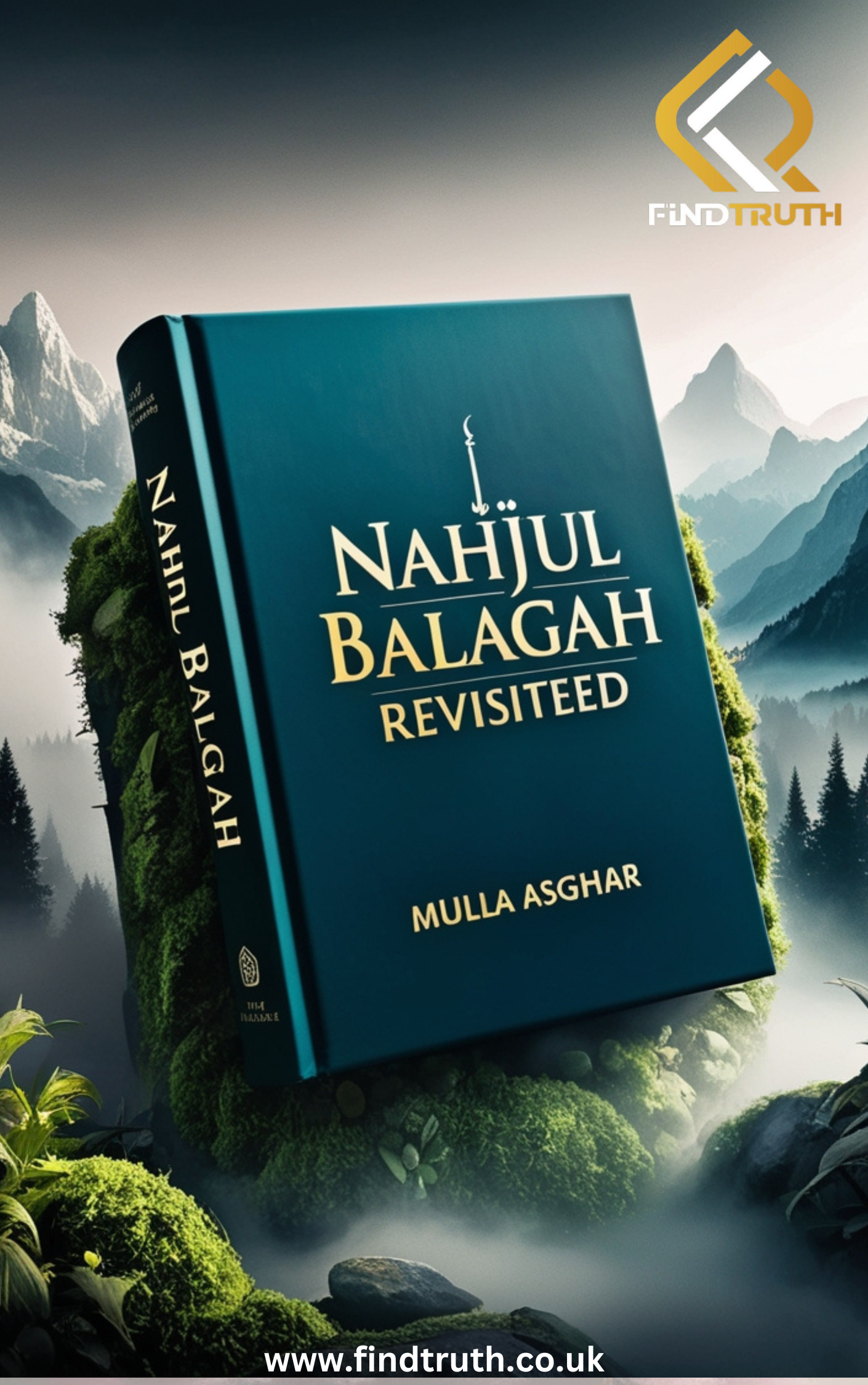
- Beliefs
-
Muslim Practices
- Salah (Daily Prayers)
- Sawm (Fasting)
- Hajj (Pilgramage to Makkah)
- Zakah (Charity Giving)
- Khums (Giving One-Fifth of Annual Saving)
- Jihad (Striving in the Way of God)
- Amr bil Ma'ruf (Encouraging Good)
- Nahy 'an al-Munkar (Stopping Evil)
- Tawalla (Loving the Prophet & His Family)
- Tabarra (Disassociating from the Enemies of the Prophet and His Family)
- Islamic Education
-
Akhlaq - (Ethics)
-
Quran & Sciences
-
Islamic History
-
Socio-Cultural
- Islamic Holy Places
-
Supplications
- Home
- Feature Selections ★
- Beliefs 🛐
-
Muslim Practices ☪️
- Salah (Daily Prayers)
- Sawm (Fasting)
- Hajj (Pilgramage to Makkah)
- Zakah (Charity Giving)
- Khums (Giving One-Fifth of Annual Saving)
- Jihad (Striving in the Way of God)
- Amr bil Ma'ruf (Encouraging Good)
- Nahy 'an al-Munkar (Stopping Evil)
- Tawalla (Loving the Prophet & His Family)
- Tabarra (Disassociating from the Enemies of the Prophet and His Family)
- Islamic Education
-
Akhlaq - Ethics 🔑
- Quran and Sciences 📖
-
Islamic History
- Socio-Cultural
- Islamic Holy Places
- eBooks
- Nahjul Balagha
Nahjul Balagha
Nahjul Balagha, often referred to as "The Peak of Eloquence," is a monumental work that compiles the sermons, letters, and short sayings of Imam Ali ibn Abi Talib (a.s.), the cousin and son-in-law of the Prophet Muhammad (pbuh). This text is a cornerstone in Islamic literature, admired for its eloquence, depth, and comprehensive coverage of various aspects of life and faith. The collection delves into topics such as the nature of God, the responsibilities of leadership, justice, and human morality. Imam Ali's wisdom on matters of ethics, governance, and spirituality makes Nahjul Balagha an indispensable guide for anyone seeking to understand the core principles of Islamic thought and practice. This work is also a reflection of the early Islamic worldview and Imam Ali's role as a divinely appointed guide, making it one of the most revered texts in both Shia and Sunni traditions.










